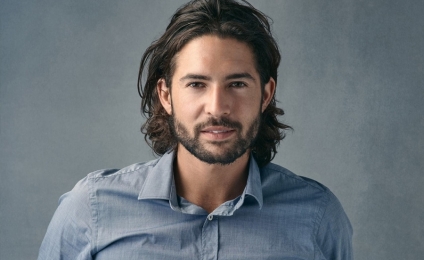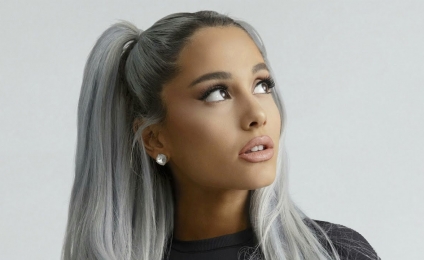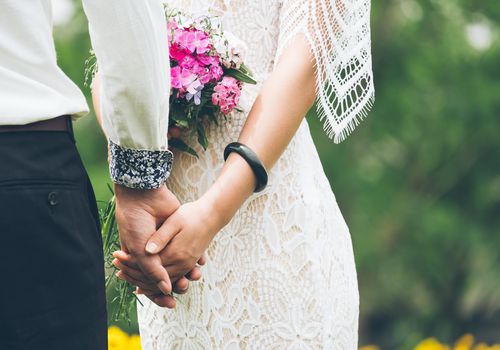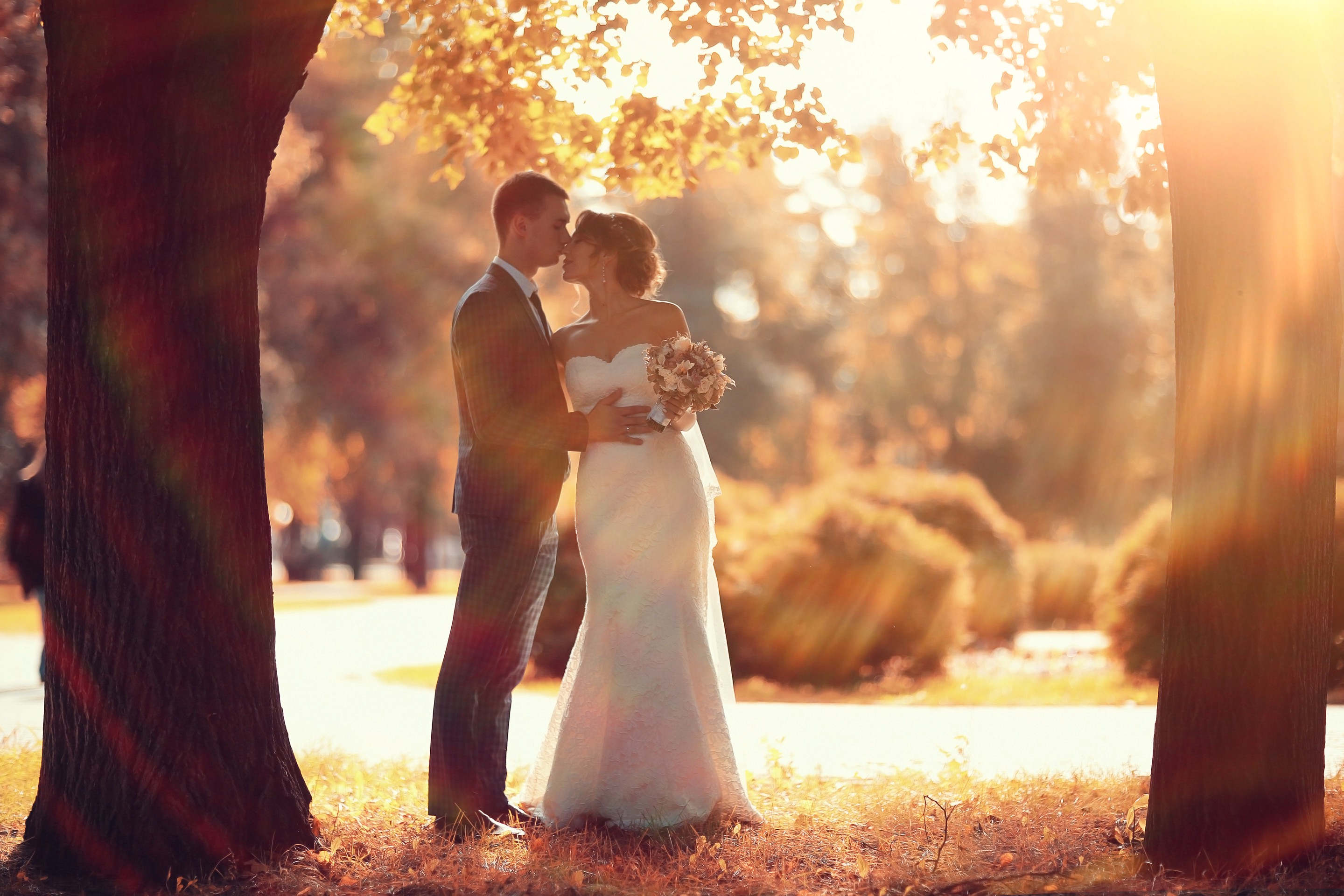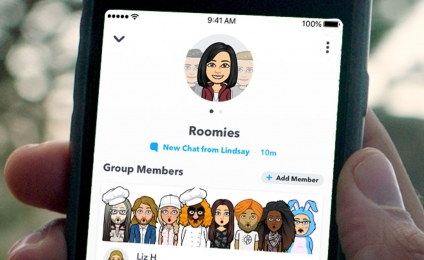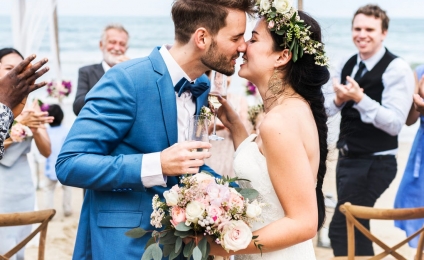There are countless elements that shape the trajectory of a relationship—how well a couple communicates, their ability to work through challenges, and the simple act of being present when life hits a low note. But beyond the emotional and practical factors that build or break romantic partnerships, there’s another dimension people often overlook when considering long-term commitment: the age at which they choose to marry.
According to Audrey Hope, a celebrity relationship counselor, our sense of timing in love is often heavily influenced by cultural patterns and societal conditioning. “We've been molded to believe the right time to marry is immediately after college—or even right after high school in some communities,” she explains. “It’s like there’s this invisible rulebook, and if we don’t follow the timeline outlined by tradition, we start to feel as if we’re falling behind in life or destined to miss out on love altogether.”
That pressure to follow the crowd or the ‘ideal’ timeline can be overwhelming. But experts argue that true readiness isn’t tied to the ticking clock of age—it’s about being personally and professionally grounded.
The Best Time to Get Married Isn’t About Age—It’s About Readiness
So, what actually makes the right time to marry? For April Davis, founder of LUMA Luxury Matchmaking, the answer is rooted less in a number and more in a state of being.
“There’s no magic age for marriage,” Davis says. “But there absolutely is a best time—and that’s when you feel secure, not just in your romantic life, but in your own sense of self and your direction in life.” She emphasizes that assigning yourself a rigid age deadline can backfire. “If you tell yourself you must be married by 28 or 30, you might rush into a relationship that’s not truly aligned with your values just to meet that expectation.”
This mindset promotes emotional maturity, encouraging people to assess whether they’re building a life they truly want—or just ticking boxes society handed them.
Late 20s: When Life Starts to Come Together
For many people, the puzzle pieces of life begin to fall into place during their late twenties. It’s a time when careers start to stabilize, social priorities shift, and self-awareness grows. Licensed psychologist Wyatt Fisher, founder of Christian Crush, highlights this period as particularly advantageous for marriage.
“By your late 20s, you’ve often completed your education, explored some career paths, and started to understand what kind of life you want to build,” Fisher says. “It’s also the age where the novelty of partying and dating casually often wears off. People start to crave deeper connection, and they’re more likely to know what they want in a partner.”
In other words, this age offers the balance of having lived a little and learned a lot—without the rush of youthful impulse or the disillusionment that can come with too many years spent drifting through unsatisfying relationships.
Why Your Brain’s Development Matters in Marriage Decisions
Interestingly, there’s a neurological argument for waiting at least until your mid-20s. Kelsey Torgerson, a licensed clinical social worker, brings attention to brain science: “Your brain doesn’t fully develop until around 25, especially the parts responsible for long-term planning and emotional regulation,” she says.
This has real-world implications. “Waiting until your brain matures means you’re more likely to handle challenges in a measured and thoughtful way,” she explains. She advises couples—especially those who have been together since high school—to observe how they navigate major transitions like long-distance, study abroad experiences, or early career challenges.
“You want to know that you can not only love each other but also collaborate under pressure, resolve conflict maturely, and adapt to life’s curveballs,” Torgerson adds.
Women and the Magic Number 28
If you’re someone who prefers a clear target, you might be relieved to hear that some professionals do offer a specific age recommendation. Weena Cullins, a licensed marriage and family therapist with a specialization in premarital counseling, shares her observations.
“In my clinical practice, I’ve found that 28 is an ideal age for women to get married—at least in the U.S.,” Cullins says. “Women at this age tend to exhibit self-awareness and greater confidence in selecting a partner. By 28, many have explored their individual identities, clarified what they value in a relationship, and often learned hard lessons from previous dating experiences.”
She adds that this stage of life often aligns with other personal milestones—like establishing a career, completing higher education, or learning to live independently. “It’s not just about choosing the right person—it’s about knowing who you are when you do.”
Why 32 Might Be the Ideal Age for Men to Commit
According to Weena Cullins, the sweet spot for men to enter into marriage tends to be around age 32. “That age gives men ample time to find their footing professionally and emotionally,” she notes. “By their early 30s, many men have had the chance to pursue advancement in their careers, establish financial stability, and explore the dating world with more seriousness.”
What stands out about this phase of life, she explains, is a shift in perspective. “At 32, men are often past the experimental stage of dating. They’ve learned what they’re looking for in a partner, and they’re more aware of what kind of father, husband, and partner they want to be. The conversations around having kids and co-parenting become more grounded and realistic.”
Cullins emphasizes that emotional maturity and a strong sense of identity play a major role in long-term relationship health—and by this age, many men are better equipped to meet their future with clarity rather than confusion.
Ten Clear Signs You Might Be Ready for Marriage
While age plays a role, the right time to get married involves far more than just the calendar. Below are ten key indicators—more life markers than age limits—that suggest you're stepping into the right season of life for commitment:
-
Financial Independence and Stability: You're employed in a stable job and make enough to support yourself comfortably. In the U.S., this might mean earning at least $35,000 annually—more if you live in a high-cost city. While money isn't everything, a basic level of financial security lays a strong foundation for a shared life.
-
A Long-Term Relationship with Shared Goals: You've been in a serious relationship for at least six months to a year. You and your partner not only enjoy spending time together but also align in life goals, values, and how you envision your future.
-
Your Partner Has Direction: Whether they’re building a career, pursuing further education, or planning to be a full-time homemaker, your partner shows consistency and ambition. They’ve got a roadmap and aren’t constantly flipping between life plans.
-
Family Integration Has Begun: You’ve met each other’s families. Even if your relationship with your in-laws isn’t perfect, it’s functional and respectful enough to not create strain.
-
Open Communication Exists: You feel safe talking to your partner about anything—even when there’s disagreement. When conflicts arise, you can work through them together instead of brushing them aside or letting them fester.
-
Shared Core Values: Your moral compass, religious beliefs, or philosophical principles align well enough that they won’t cause major clashes down the road. Differing on major ethical views can become an ongoing source of tension.
-
You Understand and Respect Yourself: You're working on self-love and personal growth. As the quote famously says, “If you can’t love yourself, how the hell are you going to love someone else?”
-
You’re Capable of Real Adult Responsibility: You feel mature enough to care not only for yourself but for others too—be it a spouse, a future child, or an aging parent. In many cultures, marriage is seen as the true leap into adulthood.
-
You’re Not Financially Drowning: You're not buried under a mountain of debt or stuck with a terrible credit score. While you don’t have to be rich, being financially reckless can drag both you and your partner down.
-
You’ve Got Clarity About Your 20s and 30s: If raising a family is a priority, your late 20s might be the best time to marry. You’ll likely have more energy and better health for parenting. If you’re more career-driven and not eager to start a family immediately, waiting into your 30s may be the better move.
Pros and Cons: Younger Marriage vs. Later Marriage
When it comes to timing, both early and later marriages bring unique advantages. Here’s a breakdown of what you can expect at each stage:
Advantages of Marrying Younger:
-
Higher chances of having more children
-
Lower risk of complications during pregnancy
-
Early companionship and support
-
Financial benefits (e.g., shared housing, tax perks in the U.S.)
-
A long-term partner from a younger age often brings emotional stability
-
Marriage may help your career—employers often view married individuals as more stable and grounded
-
Married individuals generally report higher long-term happiness and life satisfaction than single counterparts
Advantages of Waiting to Marry:
-
More time to grow as an individual and build your career
-
Lower chance of rushing into the wrong relationship
-
Higher likelihood of entering marriage with financial security
-
A more mature and serious dating pool
-
Increased readiness for parenthood, including financial preparation for children
-
Freedom to explore living in different places before settling down
-
Greater clarity about personal values and what you want in a life partner
So... When Should You Say “I Do”?
The reality is, no single number on a calendar can perfectly determine when someone is ready to get married. Some people reach emotional and financial maturity early, while others may need more time to grow, explore, or heal before taking that step. What matters most is that you’re entering marriage from a place of clarity—not pressure. Whether you're 25 or 35, what counts is your ability to commit with confidence, communicate openly, and build a life together on solid ground.
The best age to get married, then, isn’t just about years lived—it’s about how much you’ve learned, how well you know yourself, and how deeply you’re prepared to grow alongside someone else.





